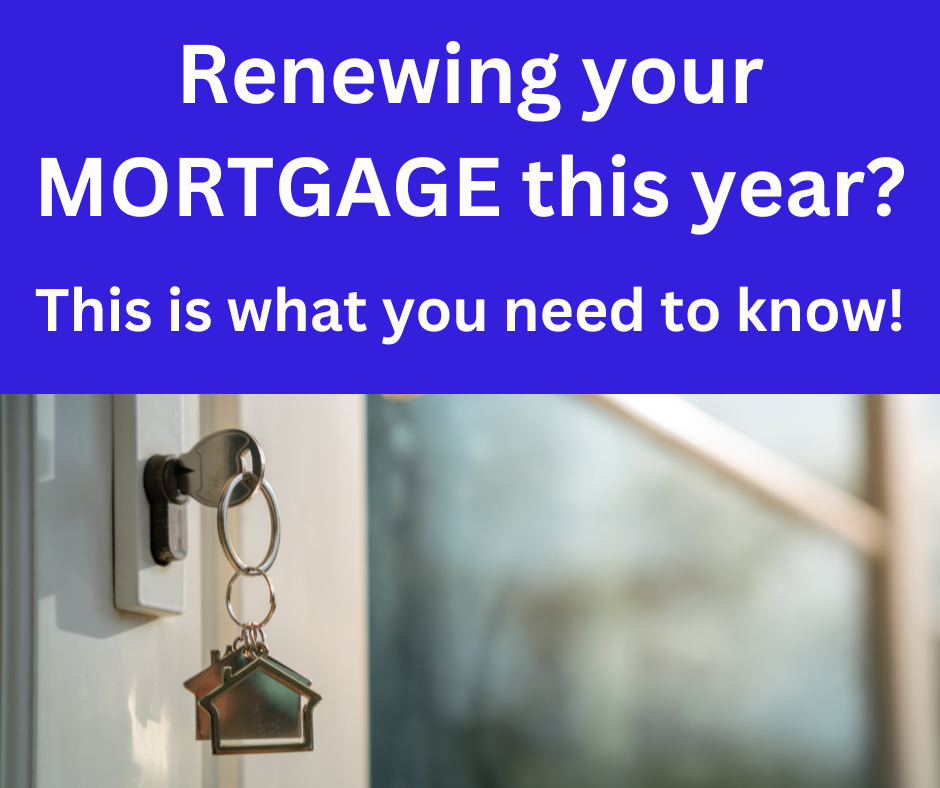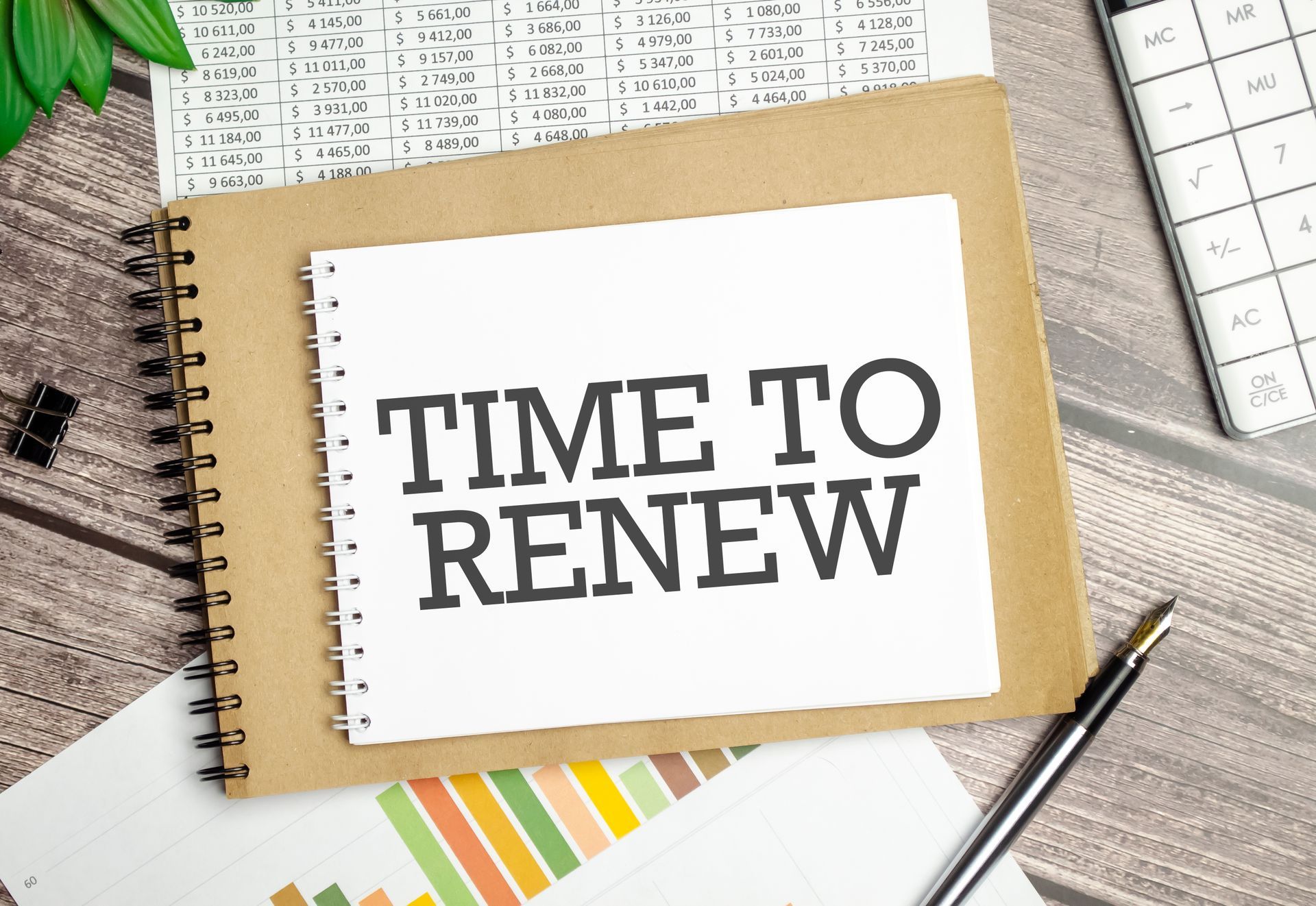Mortgage Renewal - 5 Things You Need to Know

If you have a mortgage, chances are unless you win a lottery (cha-ching $$$) you’ll need to do a mortgage renewal when your current term has finished.
Most Canadians spend a lot of time, and expend a lot of effort, in shopping for their initial mortgage, typically this is NOT the case when looking at mortgage renewals.
So, what is a mortgage renewal?
Mortgages are amortized* over a set term* which can vary from 1-10 years.
- Most Canadians choose a 5 year term.
About 6 months before the end of your term, your current lender will suddenly become your “Best Friend” showering you with attention and trying to entice you with early renewal offers… Please, please, please Mortgage borrower, sign here on the dotted line to renew… it’s sooo easy!!
Most Canadians simply sign their mortgage renewal papers instead of checking if there are better mortgage options available to them.
The banks would love nothing more than for you to just sign the mortgage renewal document and send it back to them. There is minimal cost for the bank and they don’t have to follow up with you (other than sending you a new copy of the agreement).
Mortgage renewal documents are printed automatically and yes they may include a “preferred rate” or sign before XX and you don’t have to pay a renewal charge, which makes them even more tempting to sign.
Most banks boast a 80%-90% renewal rate on their mortgages. Banks love the profit of a simple mortgage renewal, since it costs them a lot more money to acquire a new client vs. keeping an existing one.
You would assumer your bank would offer you the best up front rate on your renewals since it will save them money in the long run?
Well… not necessarily.
With renewal rates being as high as they are, there is not much incentive for banks to give their clients the best rates up front. They know that a HUGE percentage of people will stay with their current bank, since it’s easier to just sign a form, as opposed to going through the paperwork to apply for a mortgage with another lender.

If you are renewing your mortgage, there are five things to keep in mind before you sign your banks mortgage renewal document.
- The bank’s posted rate is rarely the best rate: Think of the posted rate as the opening offer in a negotiation. Banks use the posted rate to provide a value proposition to their clients. They often start with the posted rate and then offer discounts to their clients (making you feel like you’re special). Even if you get the super-secret discounted rate, you may still be paying a premium compared to other lenders. The BIG banks play dumb, offering the posted rate and leave it up to the borrower to negotiate a better rate… it’s all about playing the game.
- Bank or mortgage broker? The general belief is that brokers can offer a better rate than banks due to their access to multiple lenders. The Bank of Canada survey found that using an independent mortgage broker can result in getting a lower rate.
- Shop around before you negotiate This is where your mortgage broker shines – acting on your behalf to find the best mortgage option based on your situation. If your current lender is offering the best solution – I’ll tell you!
- Being loyal to your current bank makes no difference to your rate. Are you a loyal customer? Have you been with your bank for years and do everything with them? SURPRISE Loyalty doesn’t count when it’s time to renew your mortgage. Historically, loyal customers may not get as good a deal with their bank as they would if they went to a different lender as a new customer. If you’re looking for a better deal, consider working with your Mortgage Broker who has access to different lending institutions.
- Carefully review the mortgage terms before you sign. The cheapest rate may NOT be the best mortgage. Working with me will give you a better sense of what mortgage options are available based on the 4 strategic priorities that every mortgage needs to balance:
- lowest cost
- lowest payment
- maximum flexibility
- lowest risk
Here are some important questions to consider:
- Where do you expect to be in the next 1-5 years?
- Are you planning on selling your home anytime over the next 5 years?
- Do you need access to any equity from your home for renovations, buying an investment property, starting a new business, children’s education, etc.?
- What are your long-term goals with your property?
It’s important to treat your mortgage renewal as if you’re obtaining a new mortgage and spend some time researching your options.
Let’s have a chat to discuss your best options for your mortgage renewal.
*BLOG 20 Terms that Home Buyers Need to Know
Kelly Hudson
Mortgage Broker
Mobile 604-312-5009
Kelly@KellyHudsonMortgages.com






